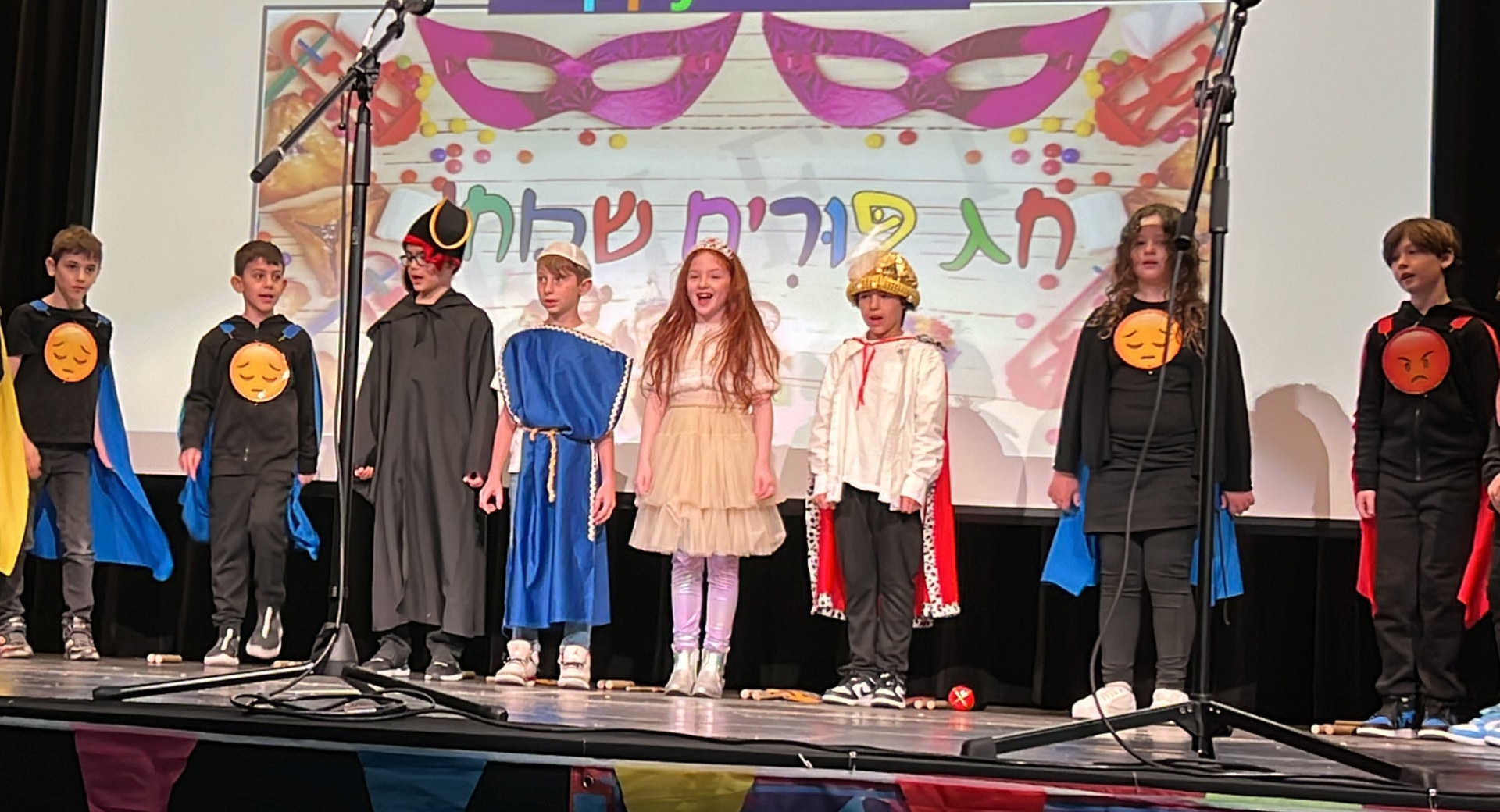
Last week, I was privileged to attend a conference for Heads of School run by Prizmah. Prizmah is the umbrella organization that supports Jewish day schools and Yeshivas throughout North America. Together with some 100 Heads, we enjoyed study sessions and discussions on topics of professional and personal relevance for us all.
As we addressed each topic — leadership of our professional and educational teams; considering the upcoming commemoration-celebration of Yom HaZikaron and Yom HaAtzma’ut; the personal strain created by common challenges, such as pandemics and wars, or those specific to our individual schools — the discussion inevitably came back to the war in Gaza and the rise in antisemitism here at home.
Indeed, the first day of Adar Bet fell during our conference. How were we to fulfill the imperative to be happy or joyous when our hearts were with those suffering and dying in Israel and Gaza? I referenced this challenge in my Chanukah message earlier this year, and Adi Barel noted the paradox in her most recent blog about Purim.
As if that weren’t enough, there is an additional irony that arises from trying to celebrate Purim in our current historical context. According to the Talmud (Megillah 7b), “It is one’s duty to make oneself fragrant [with wine = drink heavily] on Purim until one cannot tell the difference between ‘ארור המן — cursed be Haman’ and ‘ברוך מרדכי — blessed be Mordechai.'” But for many of us, without even touching a drop of alcohol, we already find ourselves living in a world in which the wicked are deemed righteous and the righteous considered wicked.
On October 7, Hamas terrorists slaughtered hundreds of innocent Israeli civilians, not to mention committing unspeakable acts of depravity during the attack. And yet, well before any counter-attack by the Israeli army, it was Hamas who were lauded as freedom fighters, and Israelis — including civilians and children! — labelled colonialists and aggressors. Haman had become Mordechai and vice versa.
And here at home, fellow Canadians threaten, deface and destroy Jewish institutions and businesses because they associate every Jew with an Israeli policy they abhor, and because they believe that violence is an appropriate, and even necessary, response. This is “Haman/Hamas-thinking”:
- First, identify a behaviour that counters your dominance –– Mordechai refusing to bow to Haman or Tsahal attacking back at the Hamas perpetrators.
- Then, associate all Jews, everywhere, with that behaviour.
- And finally, exact violent revenge on an entire people.
Yet somehow, in many circles worldwide, it is the antisemites who are praised and the Jews who are blamed for bringing out the worst in others.
So maybe we can skip the drinking this Purim, as the world already seems upside-down. And maybe it will be hard להרבות בשמחה — to be joyous throughout Adar as it leads up to the festival celebrations on Sunday.
But, like the ancient Shushan Jews and modern Israelis, we are strong and can defend ourselves. In Israel, this is achieved through the government’s military and diplomatic policy. Here at home, there are political battles to be waged and demands to make of civil society to uphold its democratic values and rule of law, to be sure. But more than that, it means doubling down on our mission of educating our children to stand up and be proud of their Jewish identity and heritage.
Esther showed us the way, organizing her community and casting aside danger to declare her Jewish identity. Maybe this year, the joy of Purim should be less carefree frivolity and more the satisfaction we take in knowing who we are and that we are up to whatever challenges the world throws at us.
חג פורים שמח!
